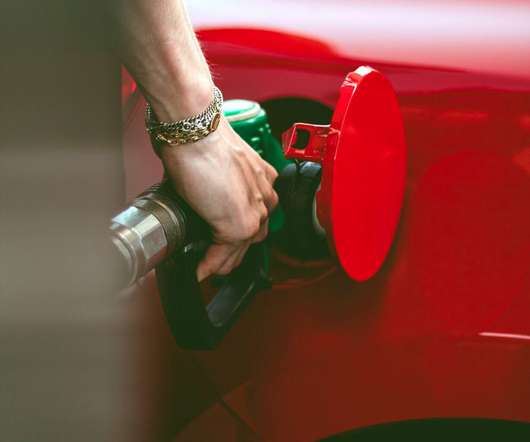BCG study finds conventional automotive technologies have high CO2 reduction potential at lower cost; stiff competition for electric cars
Green Car Congress
JUNE 15, 2011
Advanced combustion technologies alone could reduce CO 2 tailpipe emissions by 40% from current average levels for new-vehicle fleets of 250 to 270 grams per kilometer (g/km) in the United States, 150 to 170 g/km in Europe, 130 to 140 g/km in Japan, and 200 to 215g/km in China, according to the analysis. However, China is a major wildcard.













Let's personalize your content